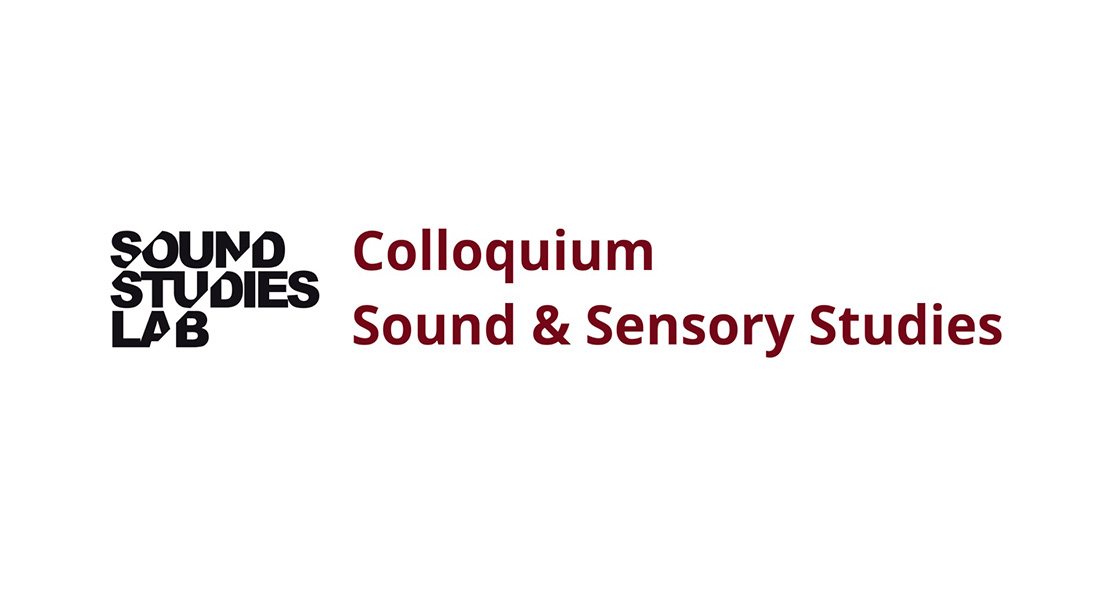The Voice "in Action": The Phenomenon of the Poetic Voice and Its Agency in Contemporary (Polish) Poetry from the Perspective of Sound Studies
Presentation by Katarzyna Ciemiera (Jagiellonian University, Kraków, PL)

Abstract
The development of sound studies at the turn of the 20th and 21st centuries has contributed to the intensification of comparative research on the phenomenon of the poetic voice in intermedial contexts. However, there is still a lack of analyses that would precisely apply the methodologies and theoretical approaches to sound from sound studies to the exploration of the poetic voice. This issue primarily concerns the question of the political agency of the voice, which appears to be crucial to sound studies. From a sound perspective, the subversive potential of the voice lies in its ability to dismantle dualistic oppositions and the patterns of political representation that rely on them. However, contemporary literary studies (as well as Western culture) restrict this agency to the referential functions of the voice/the medium of speech, which is evident, for example, in literary practices that equate the political, poetic voice with the performative recitation of politically charged poems. The presentation will aim to reflect on the possibilities of exploring the political potential of the poetic voice from the perspective of sound studies, using examples from the latest Polish-engaged poetry. The paper will discuss three situations in which the poetic voice proves to be effective not because of its referential functions (the transmission of a political message), but because of its ability to disrupt the transfer of meanings resulting from the textual logic of the poem. The first situation concerns the "bad reading strategy" characterized by the poet's nonchalant pronunciation, articulation, intonation errors, etc., which hinder effective content communication. The second refers to "ironic vocal realizations" that are disproportionate to the rhetoric of the written poem (e.g., articulating an engaged poem with a subtle voice). The third relates to unintended moments where "the voice acts like litmus paper" i.e., reveals the true potential of the given engaged message (for example, through the poet's difficulties in vocally delivering the poem).
